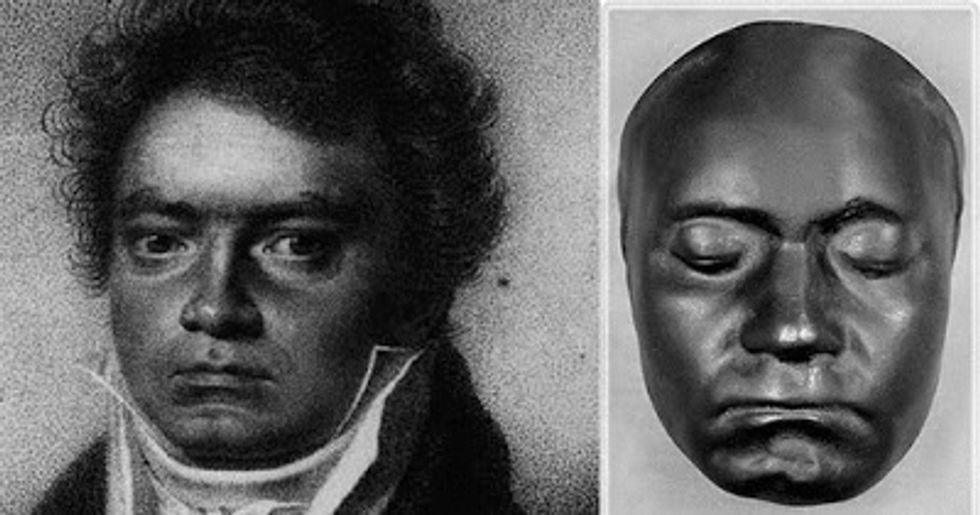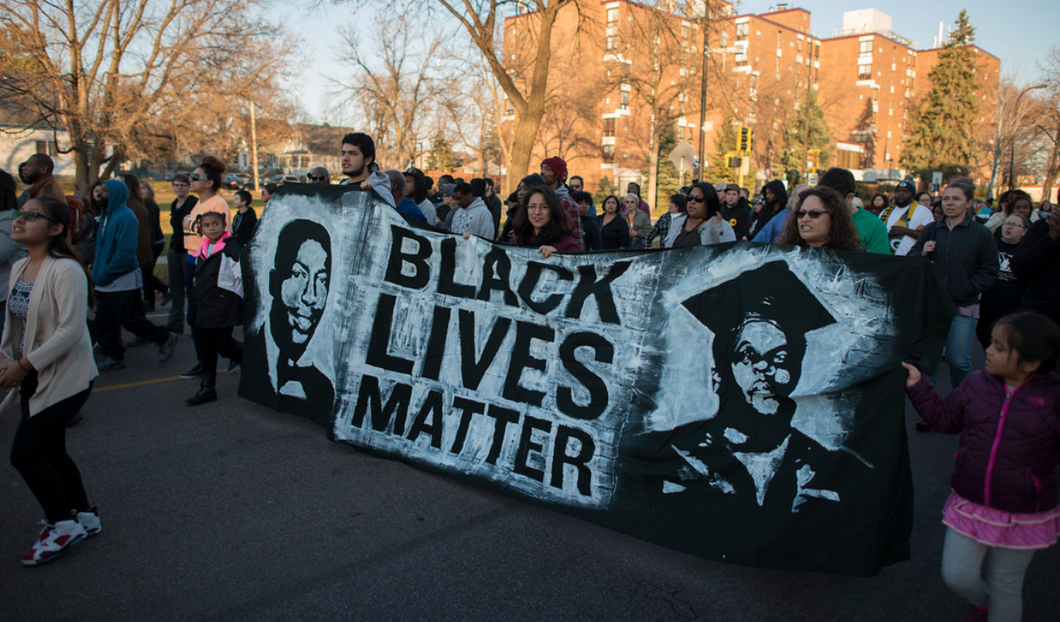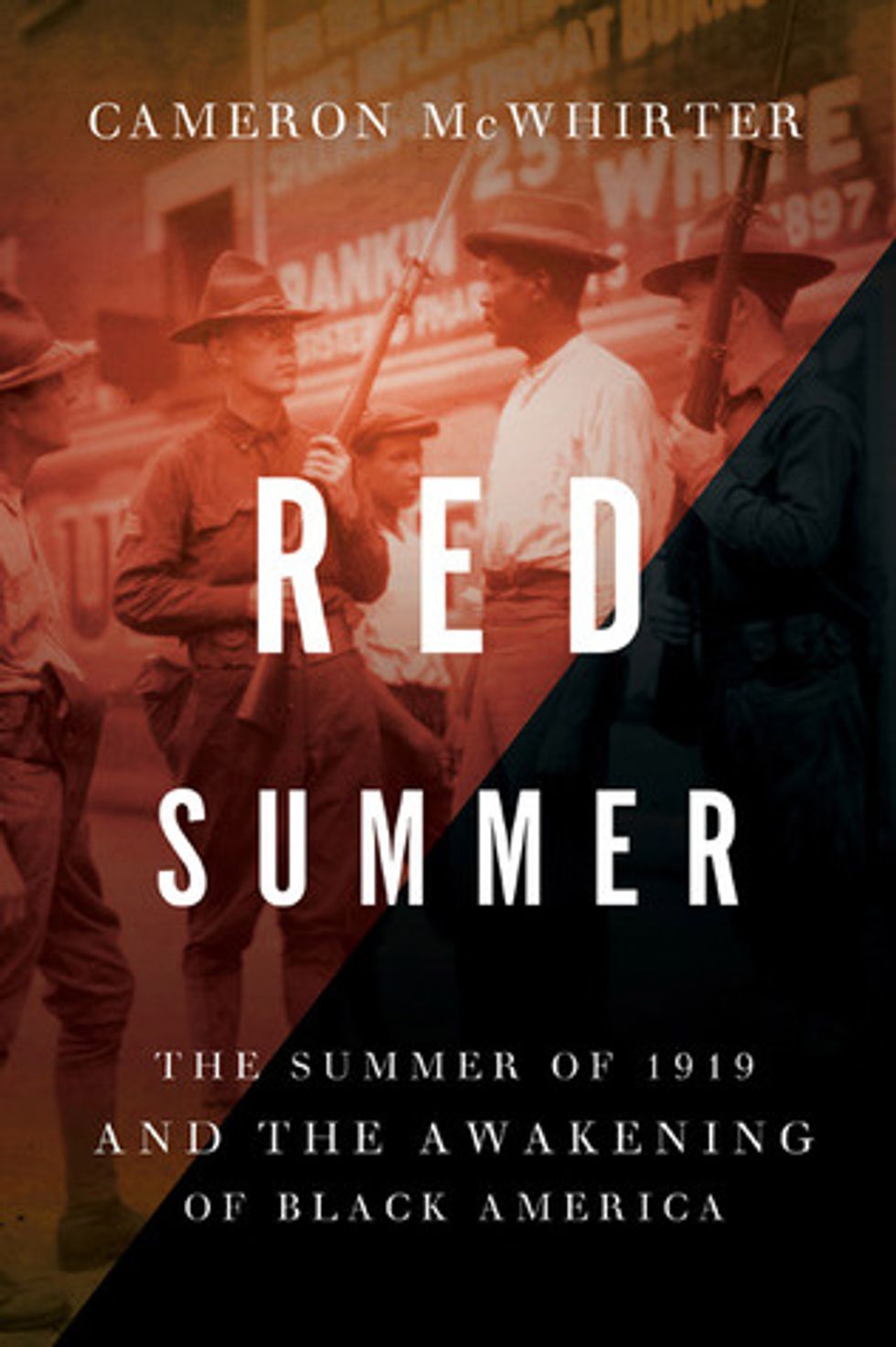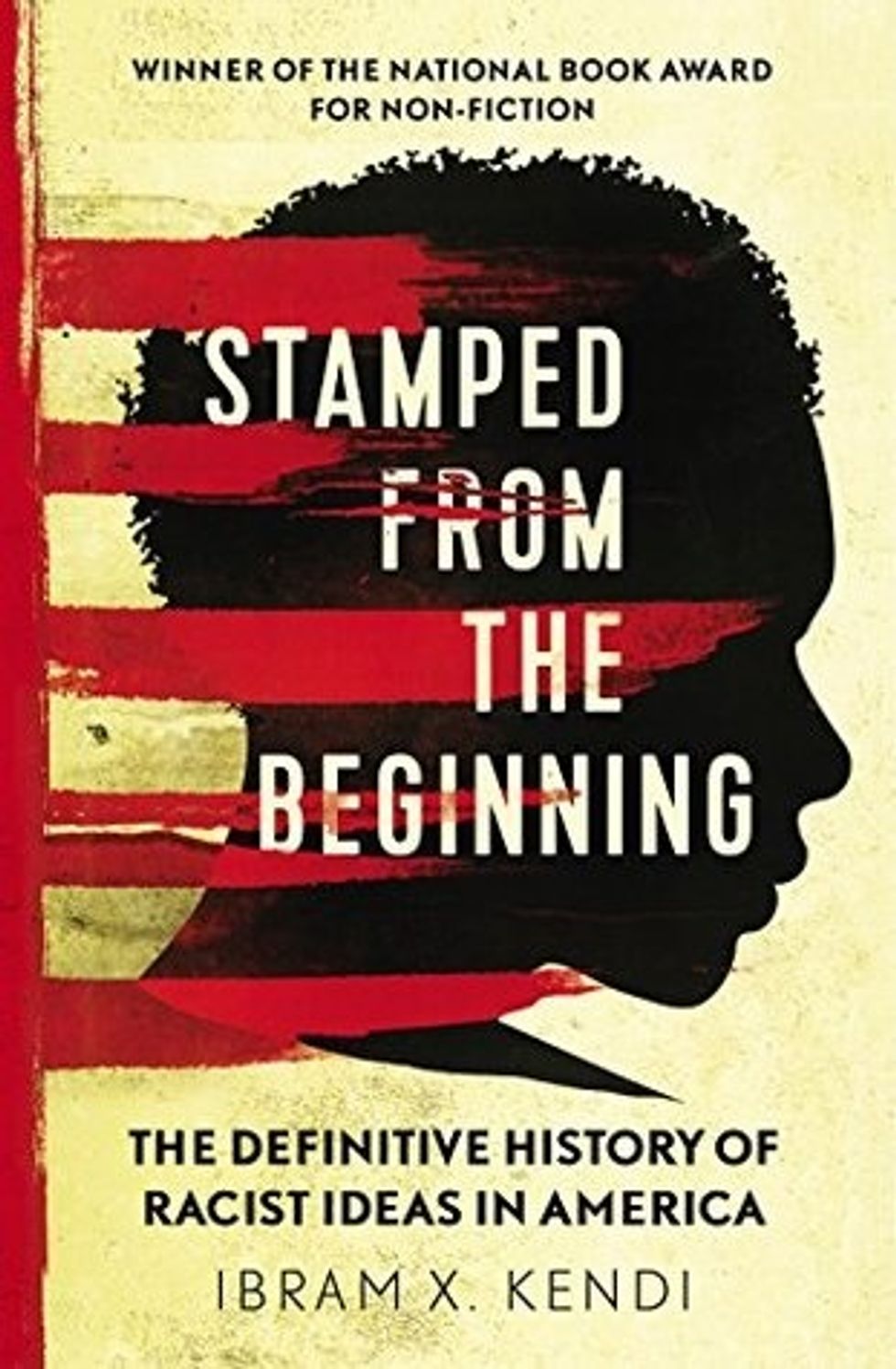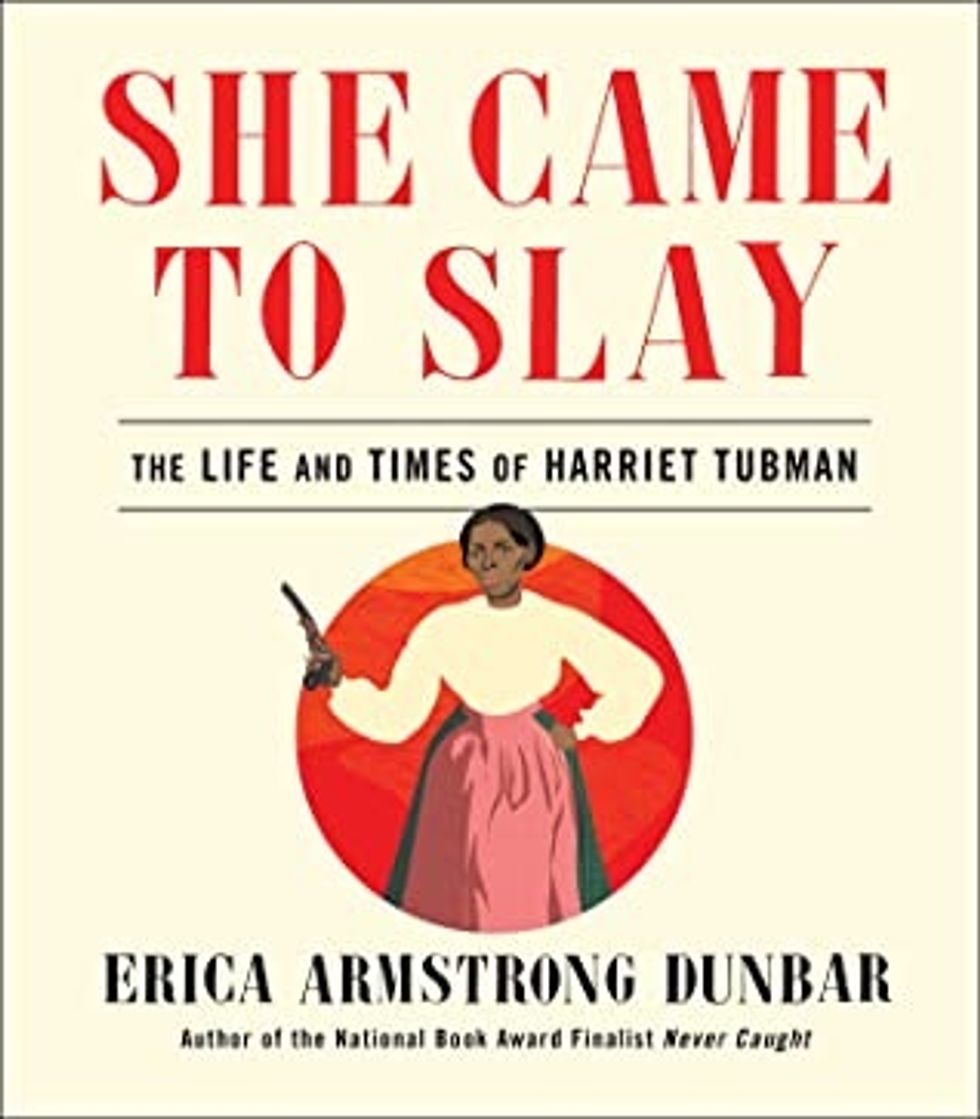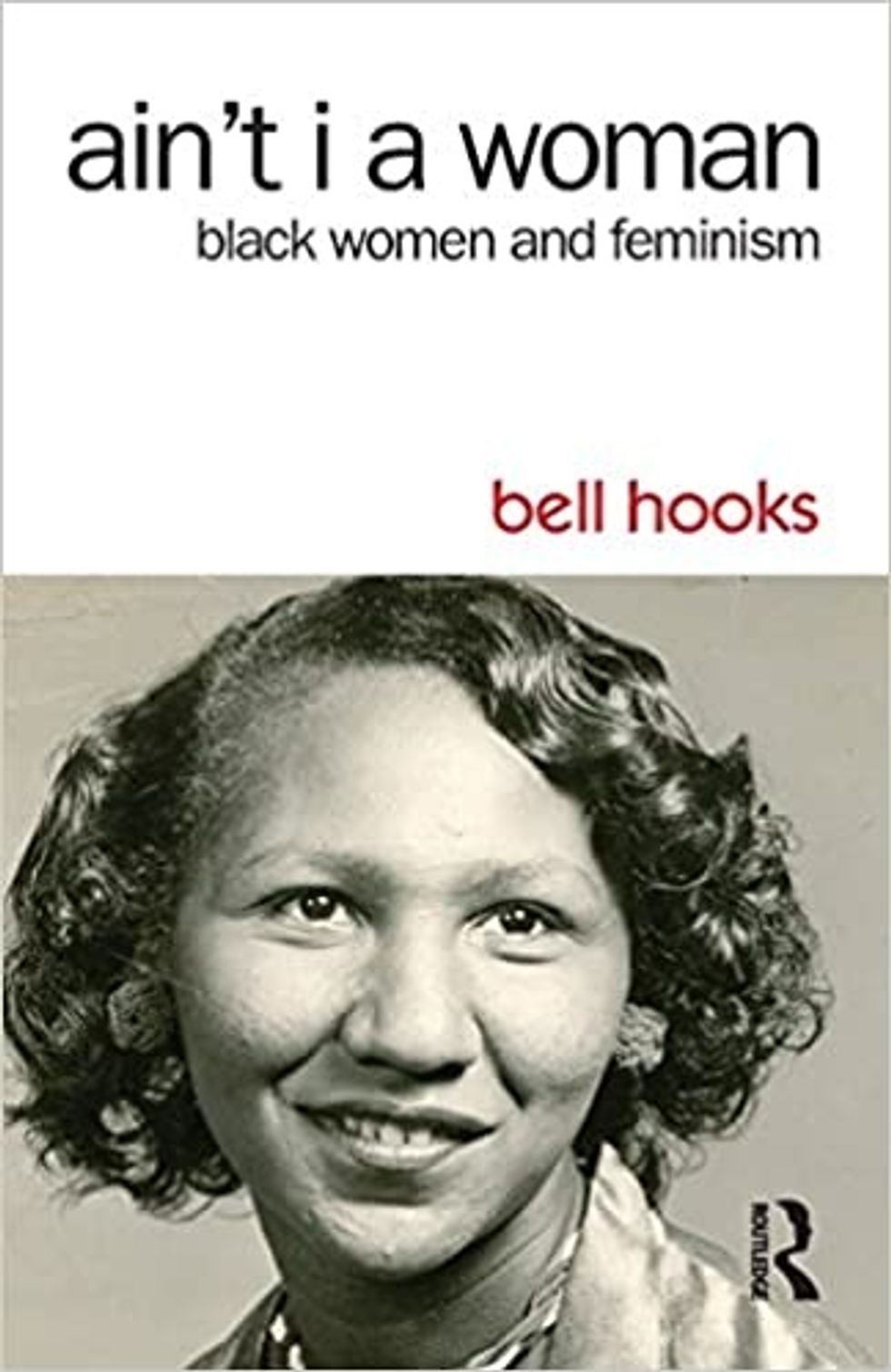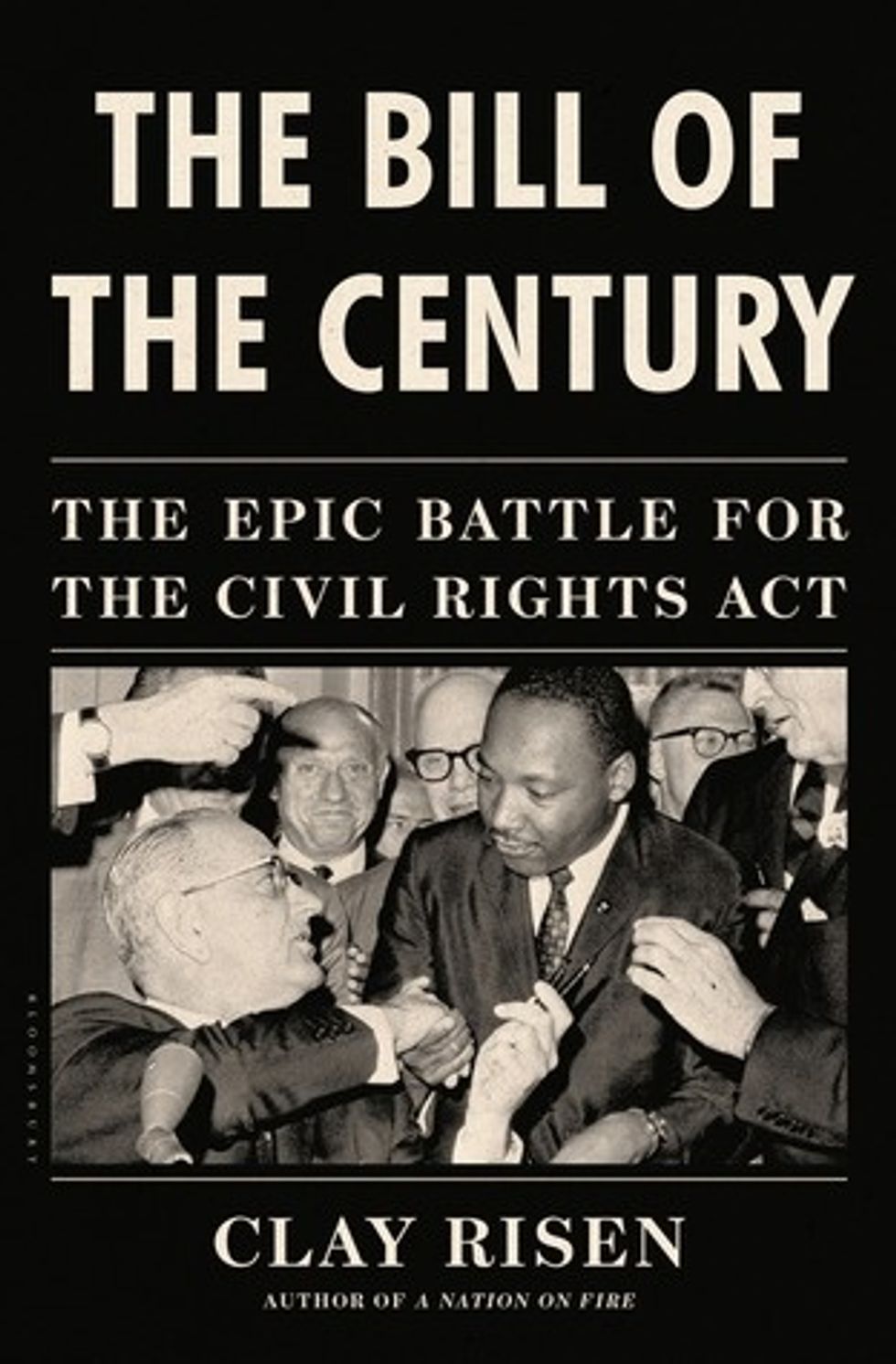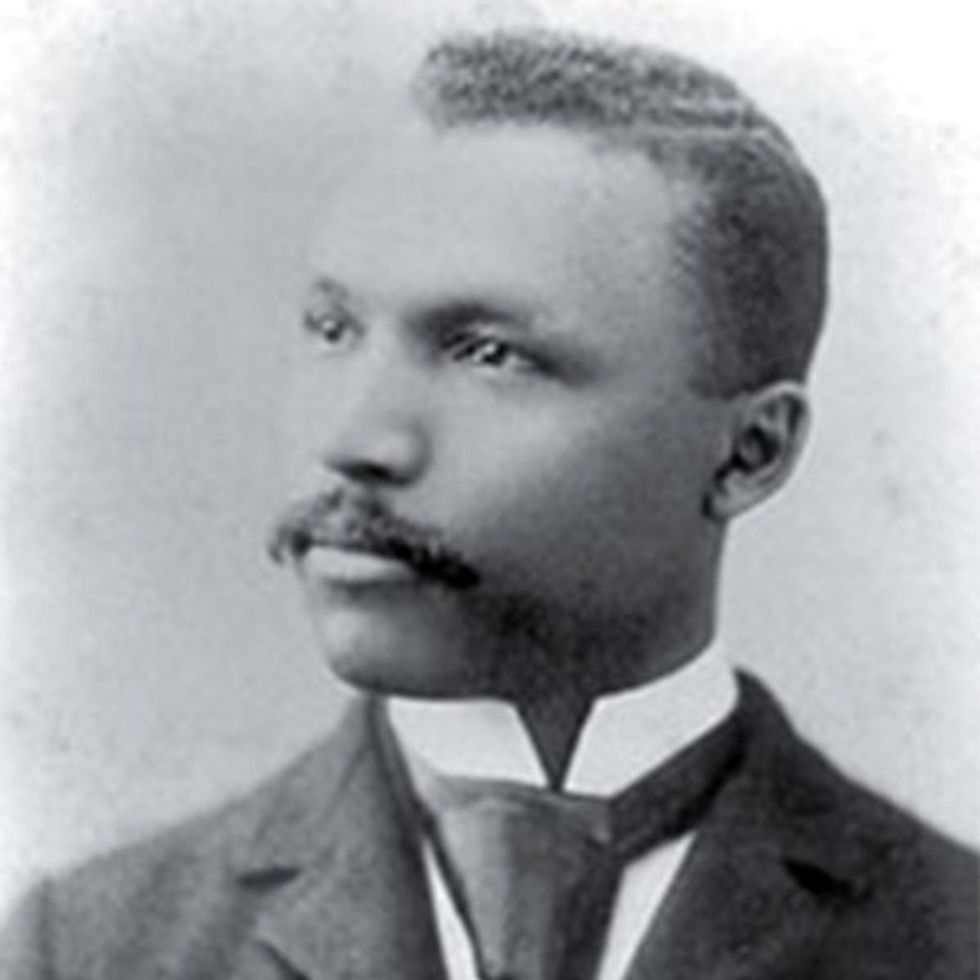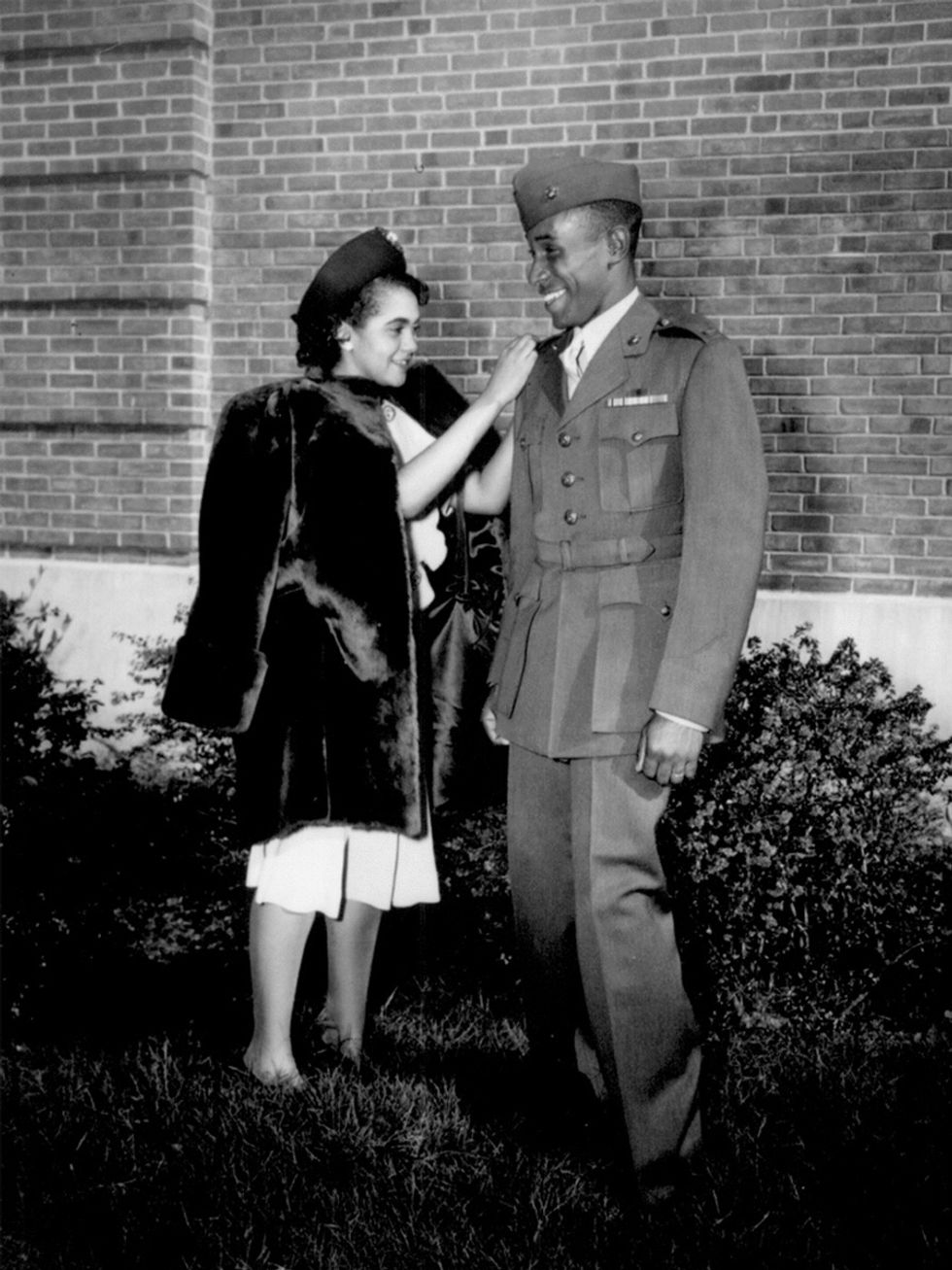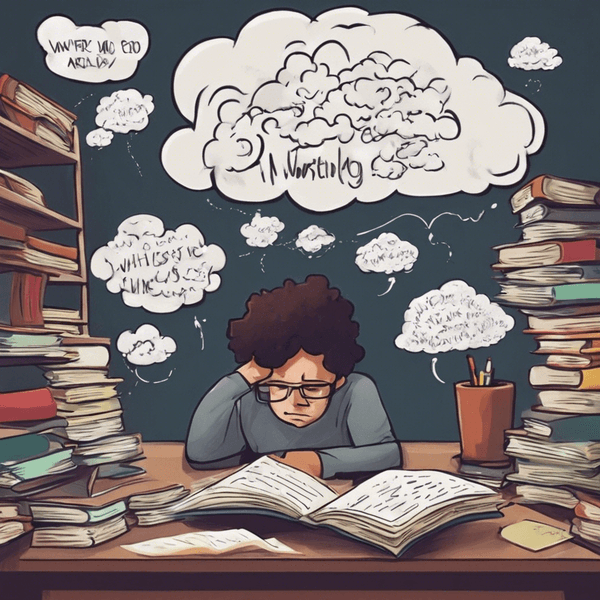Historical Figures You Didn't Know Weren't White
We live in a country whose education system has tragically whitewashed some its important and notable figures, erasing their statuses as people of color from the general public. Let's have a look at some the most well-known, yet little-known POC from history.
1. Jesus
While no one really knows what Jesus may have looked like, modern Western art offers us a depiction of a pale-skinned man. However, this long haired, bearded image of Jesus came about after strong influence from representations of Greek and Roman gods, particularly Zeus. Contrary evidence from scholars' examination of an Israeli skull dating back to the first century AD (when Jesus would have been alive) lead experts to say that a more accurate depiction of Jesus would be one of a man "with darker skin, dark eyes, and shorter, curlier hair" (quote source).
2. Beethoven
While classical musician Beethoven is often depicted as a blonde or brunette White man, historian Gabriel Scott states that arguable one of the most well known historical musicians we know today was actually often referred to as a "mulatto", whose father was a White German and mother was a "Moor".
3. Queen Charlotte
This British queen was said to have descended from a Black branch of the Portuguese de Sousa family. The queen is often depicted with unmistakable non-white features. In Queen Elizabeth II's coronation, the Royal House referred to Queen Charlotte's African and Asian ancestry. The man responsible for accurate depictions of the queen was artist Sir Allan Ramsay, and anti-slavery intellectual of his time who himself had a Black grand-niece. So, Duchess Meghan of Sussex isn't the first Black royal after all, huh?
4. Cleopatra
In modern art, Cleopatra VII (usually known as just Cleopatra although she is the seventh of this name) has been played by white women in film, most notably actresses like Elizabeth Taylor and Vivien Leigh. Her father, Ptolemy XII through his father's line was of Macedonian Greek descent. However, little is known about his mother or Cleopatra's own mother. Scholars conclude that Cleopatra's paternal grandmother was a concubine of Nubian or ethnically Egyptian lineage, what today we might call Black.
5. Alexander Pushkin
The man arguably known as Russia's greatest poet was Black and proud of it, a descent he wrote about in his book "Peter the Great's Negro", a work that is often glossed over when the poet is discussed today. Leo Tolstoy's "Anna Karenina" was said to have been inspired by Pushkin's own daughter and many agree that the poet hailed from Cameroon.

